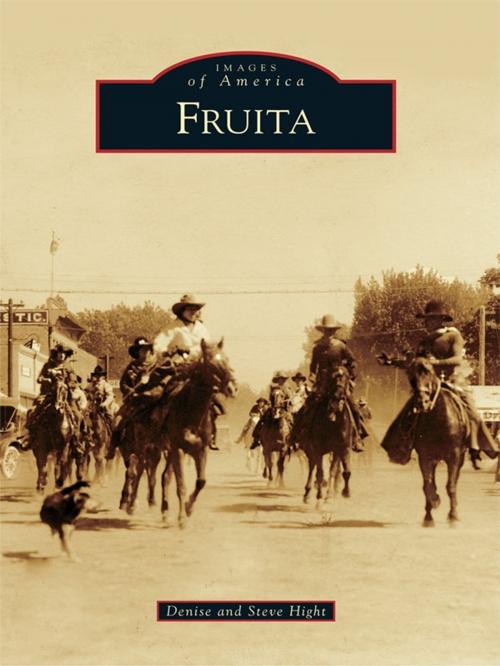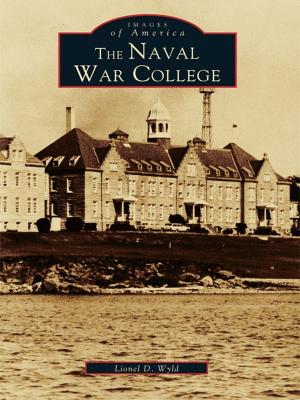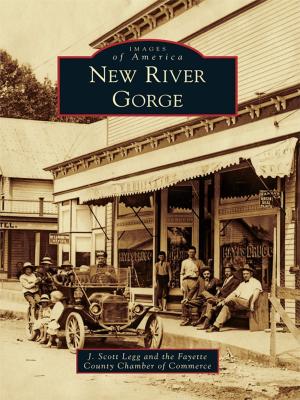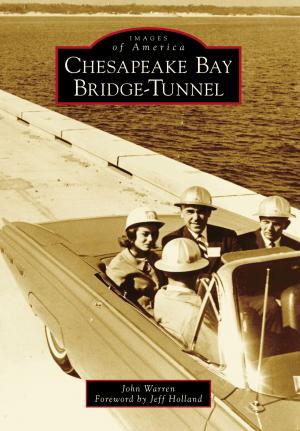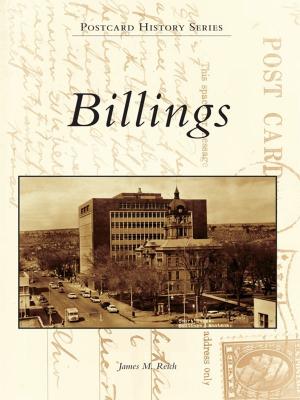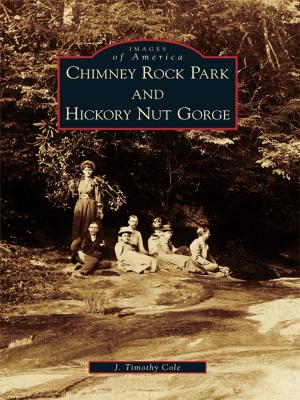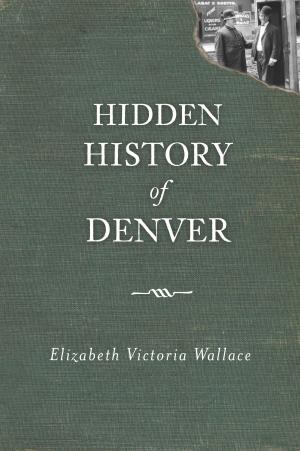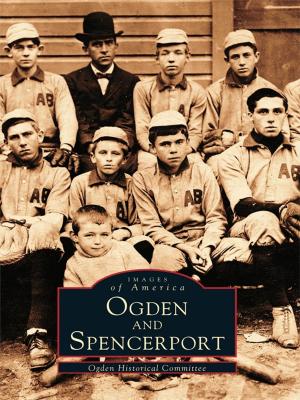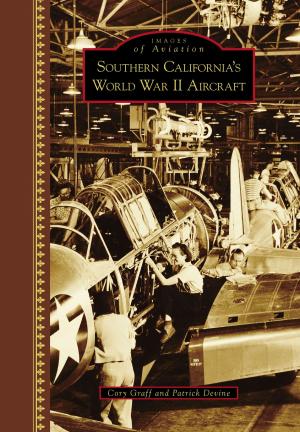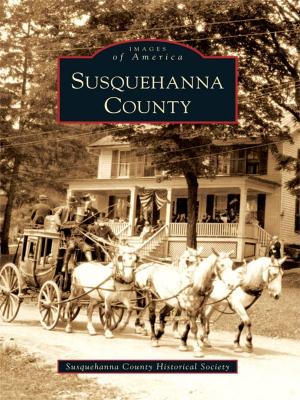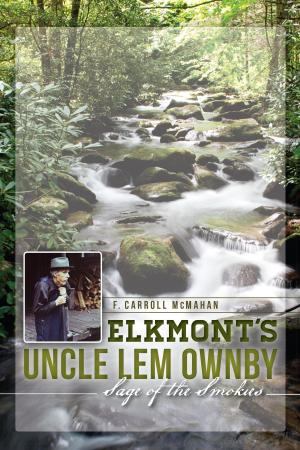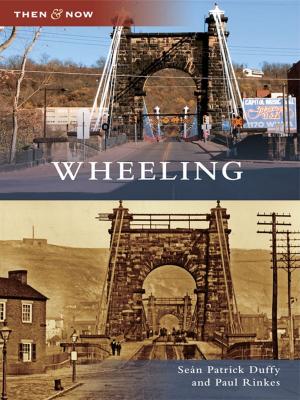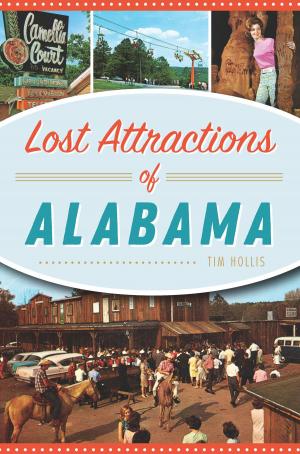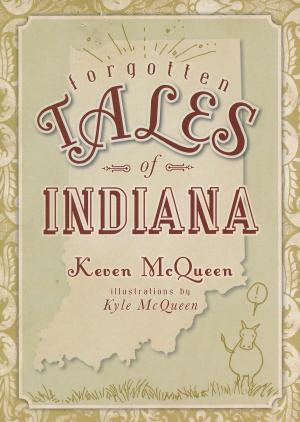| Author: | Denise Hight, Steve Hight | ISBN: | 9781439625361 |
| Publisher: | Arcadia Publishing Inc. | Publication: | January 17, 2011 |
| Imprint: | Arcadia Publishing | Language: | English |
| Author: | Denise Hight, Steve Hight |
| ISBN: | 9781439625361 |
| Publisher: | Arcadia Publishing Inc. |
| Publication: | January 17, 2011 |
| Imprint: | Arcadia Publishing |
| Language: | English |
William Pabor arrived in Western Colorado before the advent of irrigation, and the land presented a barren and desolate sight. But he saw something entirely different. �In the spring of 1884, lying on the bare floor of a log cabin on the site of what is now the town of Fruita, I watched the moonbeams play on the Roan Cliffs and across Pinon Mesa,� Pabor wrote. �The silence of centuries seemed resting upon the plain. . . . But visions of the possibilities of the future swept before me. I saw homes founded, I saw family circles gathered together. I saw vineyards and orchards, and rose-embowered cottages in which love and happiness and contentment abode. . . . I heard the merry voices of children yet to be born. I heard the singing of harvesters bringing in the sheaves of golden grain.� Pabor soon turned vision into reality and founded the town of Fruita.
William Pabor arrived in Western Colorado before the advent of irrigation, and the land presented a barren and desolate sight. But he saw something entirely different. �In the spring of 1884, lying on the bare floor of a log cabin on the site of what is now the town of Fruita, I watched the moonbeams play on the Roan Cliffs and across Pinon Mesa,� Pabor wrote. �The silence of centuries seemed resting upon the plain. . . . But visions of the possibilities of the future swept before me. I saw homes founded, I saw family circles gathered together. I saw vineyards and orchards, and rose-embowered cottages in which love and happiness and contentment abode. . . . I heard the merry voices of children yet to be born. I heard the singing of harvesters bringing in the sheaves of golden grain.� Pabor soon turned vision into reality and founded the town of Fruita.
